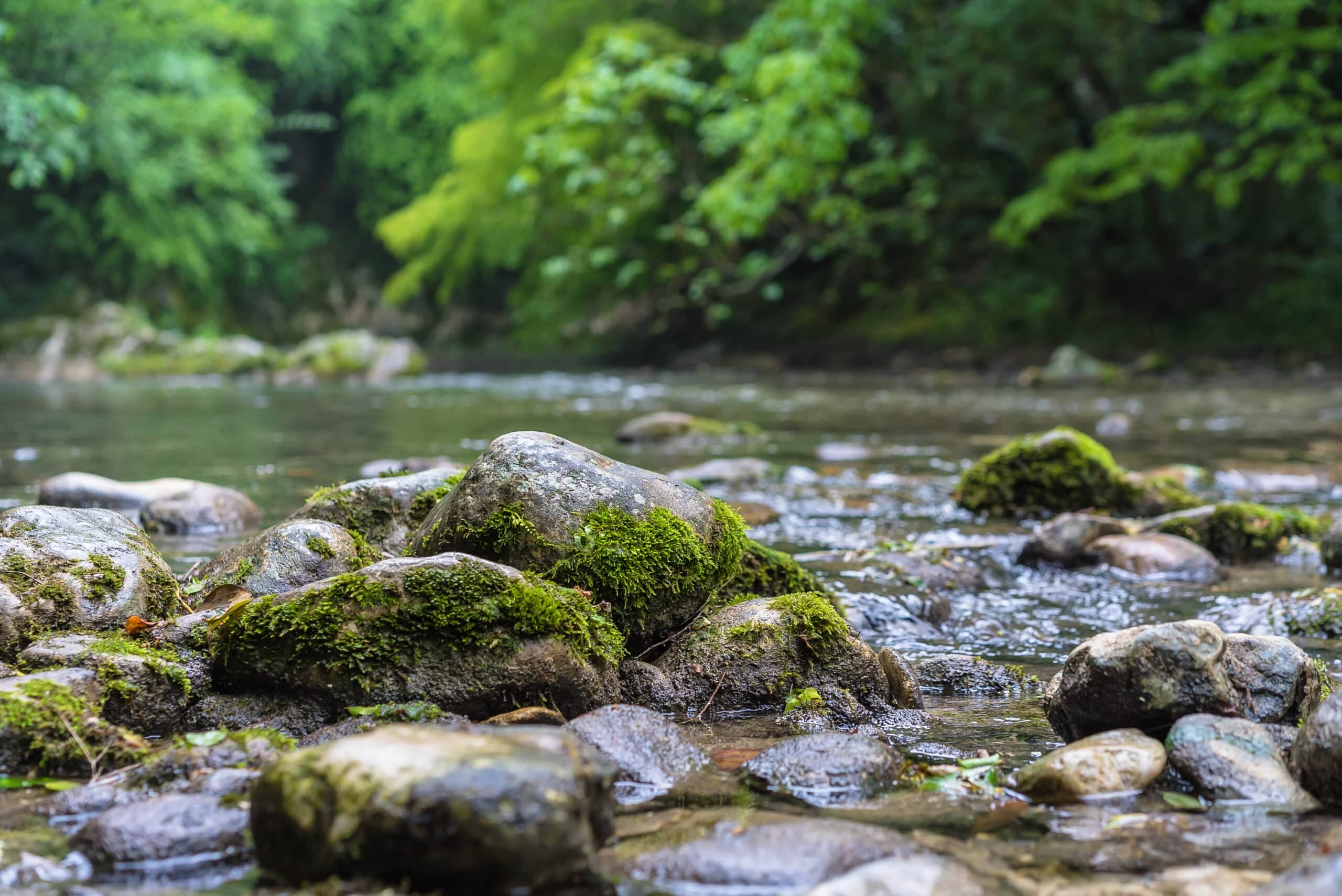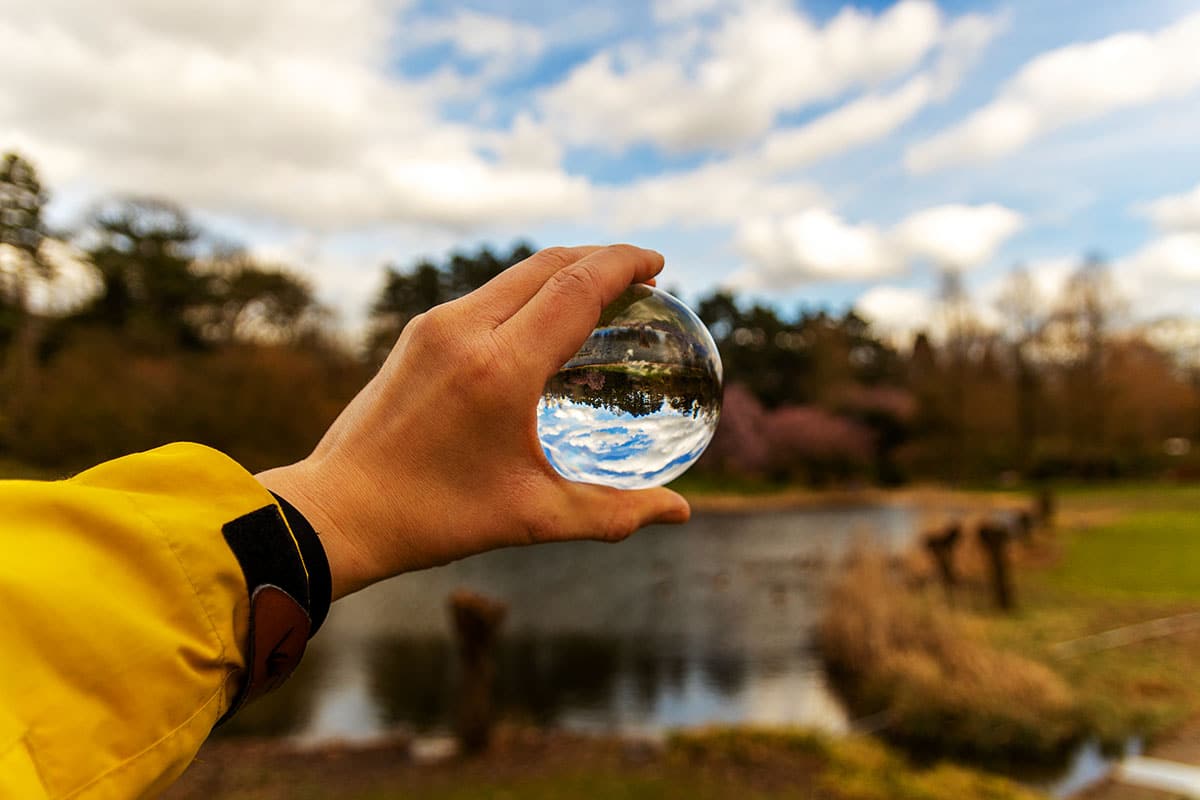Our planet is home to an astounding array of life forms, each intricately connected to one another in an intricate web of relationships. From the mightiest of mammals to the smallest of microbes, every single organism plays a significant role in maintaining the delicate balance that sustains life on Earth. This bewildering diversity, known as biodiversity, is not just beautiful; it is crucial for the long-term sustainability of our planet and the well-being of all its inhabitants.
The Importance of Biodiversity
Biodiversity is the foundation upon which ecosystems flourish and thrive. It encompasses the variety of ecosystems, species, and genes that populate our planet. Ecosystems are complex networks of living organisms, their physical surroundings, and the interactions between them. They provide us with vital services, such as clean air and water, healthy soils, pollination, and climate regulation. Biodiversity ensures the resilience and stability of these ecosystems, making them more adaptable to changing environmental conditions.
Numerous studies have shown that biodiversity is directly linked to ecosystem productivity. Richer biodiversity leads to increased ecosystem productivity, which in turn enhances the overall health and stability of ecosystems. This productivity allows for better food production, cleaner water, improved climate regulation, and greater resilience against natural disasters. Biodiversity also plays a significant role in supporting human well-being by providing food, medicine, and countless other resources that contribute to our daily lives.
The Threats to Biodiversity
Despite the immense value of biodiversity, it is under unprecedented threat. Human activities, driven by factors such as population growth, urbanization, deforestation, overfishing, pollution, and climate change, are causing a rapid decline in global biodiversity. Species extinction rates are currently estimated to be 1,000 times higher than the natural background rate, leading to what scientists call the «sixth mass extinction.»
Loss of biodiversity not only diminishes the intrinsic value of our planet’s rich tapestry, but it also poses severe risks to our own survival. The delicate interconnections between species mean that the disappearance of one can have cascading effects that disrupt entire ecosystems. This disruption can lead to decreased ecosystem productivity, the loss of valuable ecosystem services, and negative impacts on human health and well-being.
Biodiversity Conservation Efforts
Recognizing the urgency to safeguard biodiversity, numerous global initiatives and conservation organizations are working tirelessly to protect and restore the planet’s natural heritage. These efforts include establishing protected areas, promoting sustainable land use practices, reducing pollution, and controlling invasive species.
One of the key strategies for conserving biodiversity is the protection of critical habitats. Protected areas, such as national parks, nature reserves, and marine sanctuaries, serve as havens for countless species, allowing them to thrive and ensuring the long-term survival of entire ecosystems. It is essential to expand and effectively manage these protected areas to safeguard biodiversity hotspots and areas of high endemism.
Another vital aspect of biodiversity conservation is the sustainable use of natural resources. Adopting sustainable land management practices, such as agroforestry, organic farming, and responsible logging, can help minimize the negative impacts on biodiversity while ensuring the needs of human populations are met. Additionally, sustainable fishing practices, such as implementing fishing quotas and protected areas, can help preserve marine biodiversity and the livelihoods of millions who depend on healthy oceans.
The Role of Individuals
While global efforts are crucial, it is equally important for individuals to recognize their role in preserving biodiversity. There are several actions each of us can take in our daily lives to contribute to the conservation of biodiversity.
1. Support sustainable and ethical consumption: Choose products that are sustainably sourced, avoid products derived from endangered species, and support fair trade initiatives.
2. Minimize your ecological footprint: Reduce energy consumption, waste generation, and water usage. Opt for eco-friendly alternatives and practice responsible waste disposal.
3. Protect local ecosystems: Engage in community-based conservation initiatives, support local biodiversity projects, and volunteer for ecological restoration programs.
4. Plant native species: Create wildlife-friendly gardens and green spaces by planting native plants that provide food and shelter for local species.
5. Educate and raise awareness: Spread knowledge about the importance of biodiversity among family, friends, and colleagues. Engage in discussions and support environmental education programs.
Summary
Preserving biodiversity is vital for the sustainable future of our planet. It plays a crucial role in maintaining the health and stability of ecosystems, providing us with essential resources and services. However, threats to biodiversity are rapidly increasing, endangering both natural heritage and human well-being. By supporting global conservation efforts, adopting sustainable practices, and taking individual action, we can collectively work towards preserving Earth’s rich tapestry and ensuring a sustainable future for generations to come.




